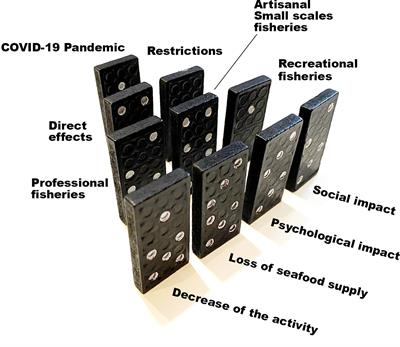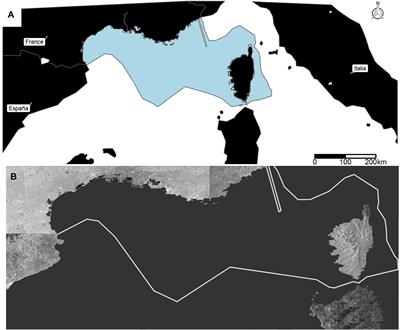EDITORIAL
Published on 26 Oct 2022
Editorial: Fishing in the time of COVID-19: Effects on fishing activities, resources, and marine ecosystems

doi 10.3389/fmars.2022.1046385
- 1,018 views
- 1 citation
9,893
Total downloads
78k
Total views and downloads
You will be redirected to our submission process.
EDITORIAL
Published on 26 Oct 2022

ORIGINAL RESEARCH
Published on 31 May 2022

ORIGINAL RESEARCH
Published on 09 May 2022

ORIGINAL RESEARCH
Published on 22 Apr 2022

ORIGINAL RESEARCH
Published on 02 Mar 2022

ORIGINAL RESEARCH
Published on 14 Jan 2022

ORIGINAL RESEARCH
Published on 25 Oct 2021

ORIGINAL RESEARCH
Published on 30 Sep 2021

ORIGINAL RESEARCH
Published on 16 Aug 2021

ORIGINAL RESEARCH
Published on 16 Jun 2021

